My name is Svitlana Zalizetska, and I am a journalist from Melitopol, in the Zaporizhzhia region. In October 2024, I participated in an international conference on the protection of journalists in Strasbourg. This opportunity allowed me to address the international community directly, appealing for support for my colleagues—journalists who have been imprisoned by the Kremlin—and for assistance in liberating all the occupied cities in Ukraine. After my speech, many diplomats approached me, shook my hand, and expressed that they were deeply moved by the issues I highlighted. They conveyed their condolences and offered their willingness to help. My primary goal in attending the conference was to shed light on the torture and abuse Ukrainian journalists endure at the hands of Russian forces. I aimed to do everything possible to advocate for the release of Ukrainian journalists from captivity. The conference addressed crucial issues surrounding journalist safety.
I couldn’t help but feel a bittersweet envy toward my European colleagues, who focused on issues like ensuring safety while covering protests. While these concerns are undoubtedly important, they pale in comparison to the dangers faced by Ukrainian journalists. Our journalists risk their lives daily while reporting from frontline areas, in the line of fire, or under occupation. They face not only the threat of physical harm but also the risk of imprisonment simply for being journalists. Colleagues like Georgy Levchenko, Anastasia Glukovskaya, and Irina Levchenko have been taken captive, highlighting the dire circumstances under which Ukrainian journalists work.
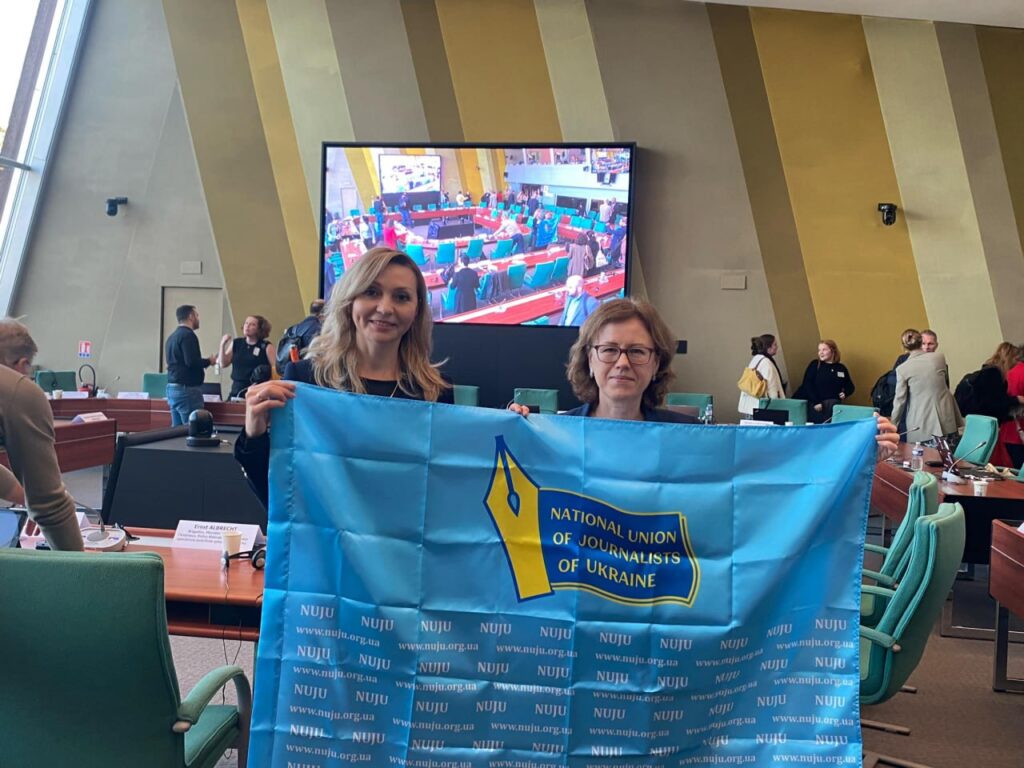
The risks faced by Ukrainian journalists are incomparable to those of journalists in peaceful countries covering protests or rallies. This isn’t to diminish the challenges foreign journalists face when reporting in Ukraine’s war zones; their work is also invaluable. I want to express my gratitude to the National Union of Journalists of Ukraine, which focuses on supporting regional media. Regional media play a critical role in conveying the realities of life under occupation, often providing valuable information that national outlets rely upon. Grant support from organizations, including European institutions, has been instrumental in sustaining regional journalism. Outlets like Ria Pivden, for example, survive largely thanks to grants. Without this support, many would have been forced to shut down. While I was under occupation, the absence of reliable information created a vacuum that fueled frustration. It felt like shouting into the void, desperate for the world to hear what was happening.
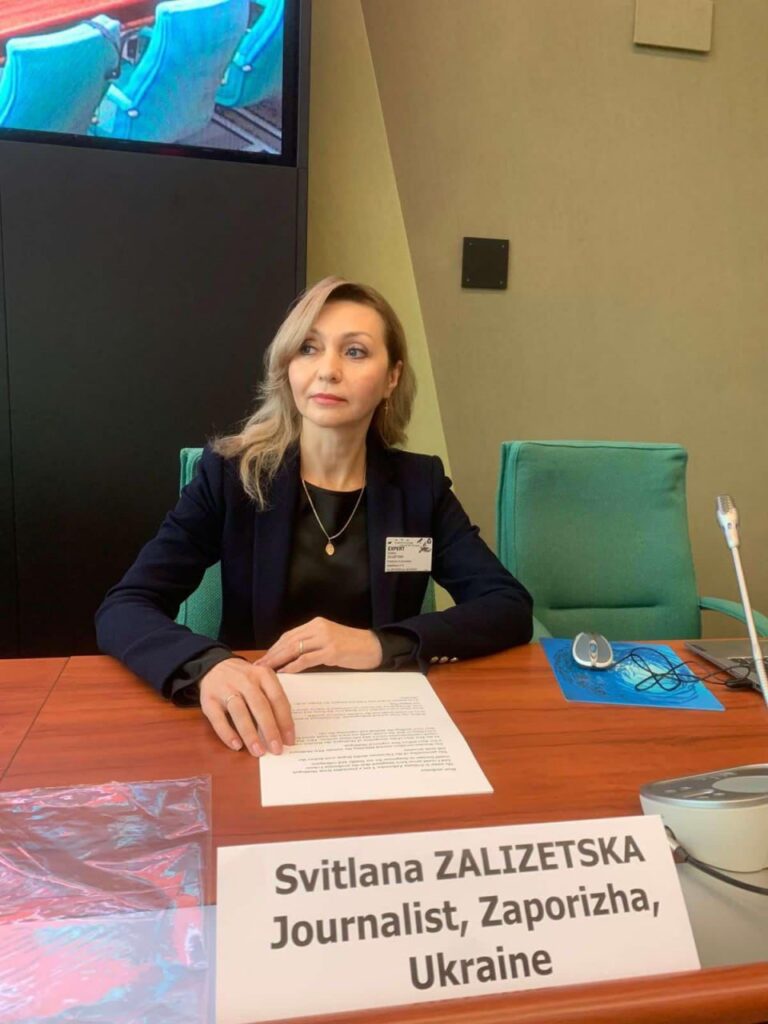
We must continue telling these stories, or people will gradually forget the horrors of occupation. Journalists must persist in documenting life under occupation—the insecurity, the hardships, and the inhumane conditions. It is crucial to maintain safety, as Ukrainian news sources are deemed “contaminated” in occupied territories. Despite poor internet connections, people heroically seek out any means to access Ukrainian news. I am immensely proud of my fellow citizens who continue to follow Ukrainian media despite the challenges.
As for the work of the Ria Melitopol and Ria Pivden teams, I am incredibly proud of my colleagues. They embody Ukrainian national resistance, remaining operational throughout the occupation. Despite missiles flying overhead and tanks rolling down their streets, they never stopped informing the world about the realities of occupation. Ria Pivden is the only Ukrainian regional media outlet that has consistently remained active. Our work, including projects like “Prisoners of the Kremlin”, “Survive”, “Aliens”, and “Stopfake”, highlights their dedication. These initiatives focus on documenting war crimes, advocating for civilian prisoners, and ensuring their stories are told. The “Prisoners of the Kremlin”’s project is particularly poignant, as it connects with individuals who have been captured, deported, or released, ensuring their experiences are recorded and their rights are fought for.
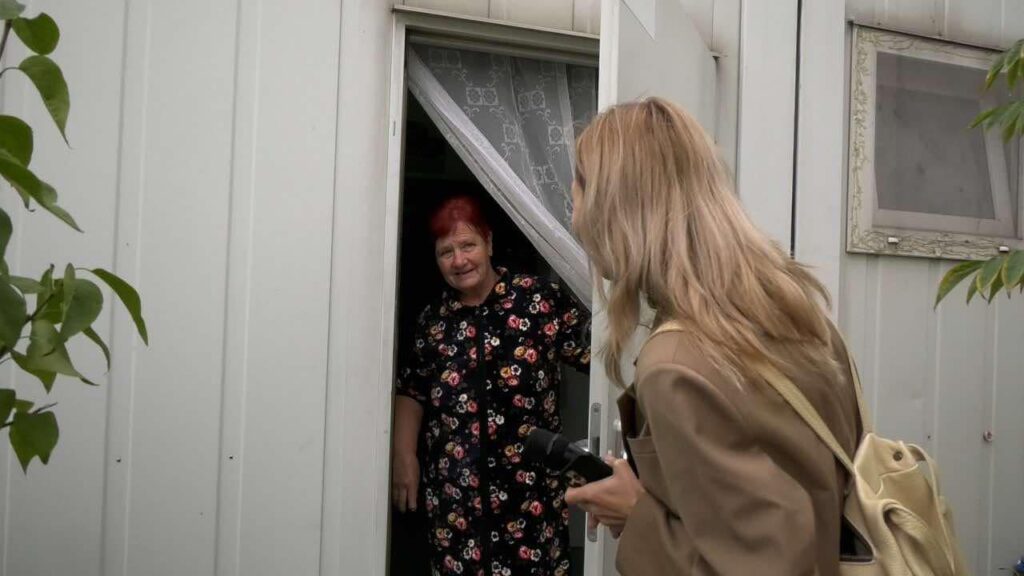
Working with these stories is emotionally taxing. For example, interviewing former prisoners who survived the occupation is deeply challenging. These individuals often fear for the safety of their relatives and acquaintances still under occupation. Sharing their experiences can provoke reprisals. One story that stands out involved a family from Melitopol whose son, a soldier, died in the early months of the war. Despite the immense risks, they brought his body back from Mykolaiv and buried him in their local cemetery. Their pro-Ukrainian stance led to the father being captured and tortured by Russian forces.
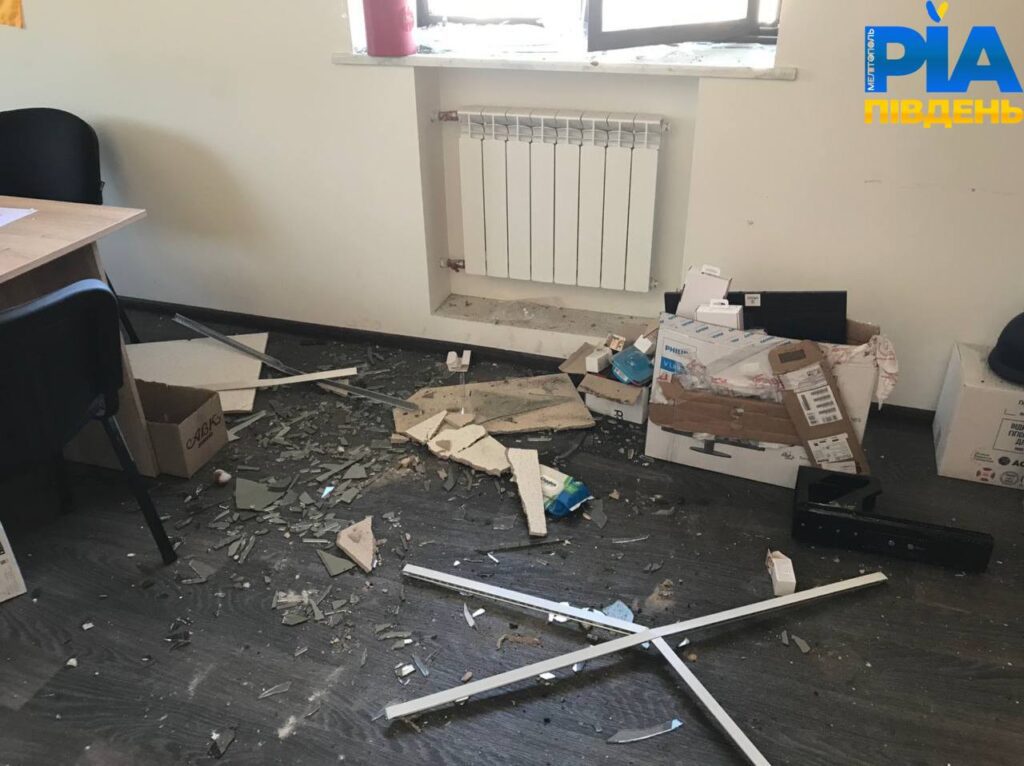
Hearing such stories is harrowing. I remember one interview where our entire team broke down in tears. Yet, as journalists, we must find a way to process this pain and continue sharing these crucial stories without causing further harm to those who trust us with their experiences. Another unforgettable case involved Anastasia Glukhovsky, who remains in captivity. Accounts from fellow prisoners describe the inhumane conditions she and others endure. It is both painful and essential to document these atrocities, as they serve as a reminder that Nastya is alive and worth fighting for. Covering stories about occupied territories, prisoners, and war crimes takes a toll on journalists’ mental health. It is critical that journalists have access to psychological support, rehabilitation, and retreats to maintain their well-being. Without such support, it is nearly impossible to continue this vital work.
Created as part of the project “Raising awareness among target groups in Ukraine and abroad about Russian war crimes against journalists in 2024 and increasing public pressure for the release of captured journalists”, which is implemented by the National Union of Journalists of Ukraine with support of the Swedish non-profit human rights organization Civil Rights Defenders.

 THE NATIONAL UNION OF
JOURNALISTS OF UKRAINE
THE NATIONAL UNION OF
JOURNALISTS OF UKRAINE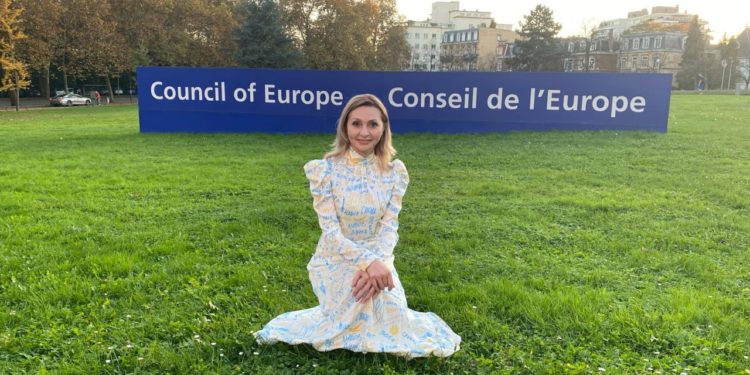
















Discussion about this post